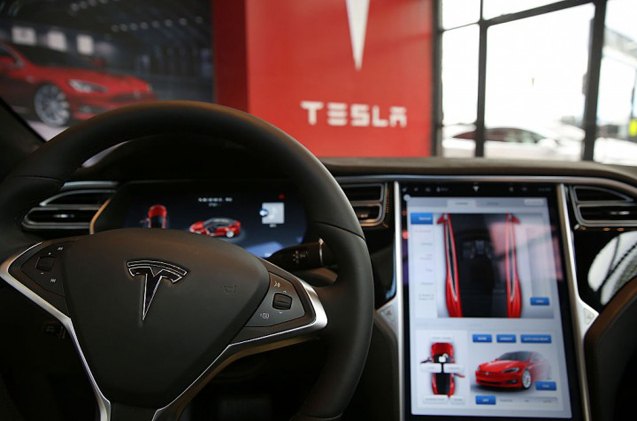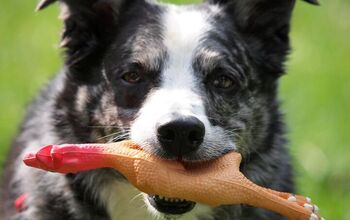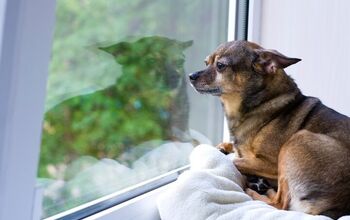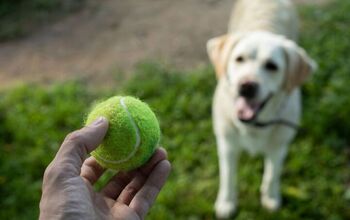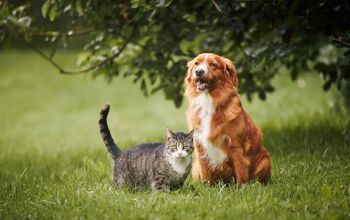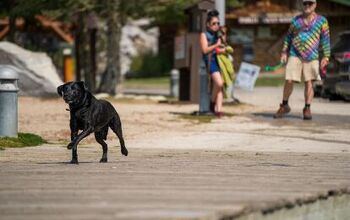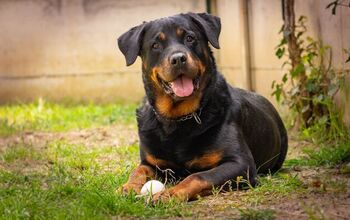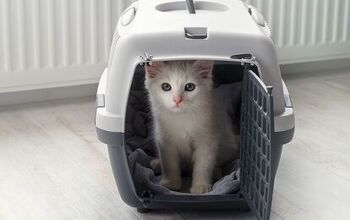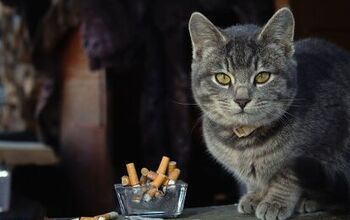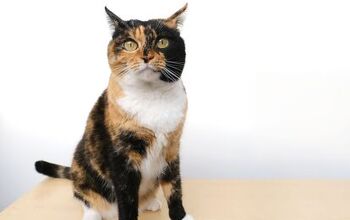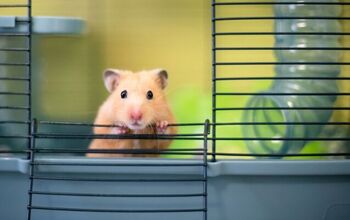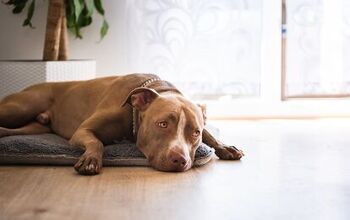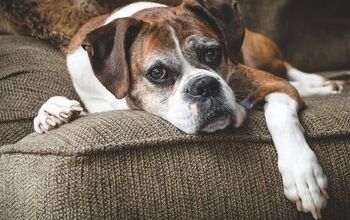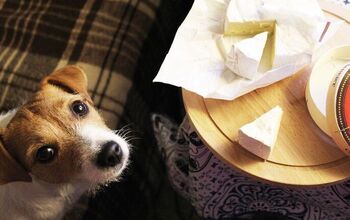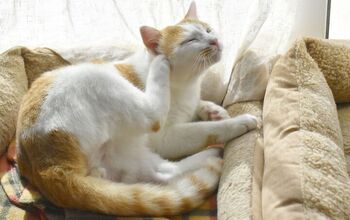Can Tesla’s Cabin Overheat Tech Save Dogs in Hot Cars?

High-end carmaker Tesla has recently released an update to their cars’ software bases and it’s one that is stirring up some controversy.
The technology feature, called Cabin Overheat Protect, is designed to keep cars at a consistent, programmable temperature whether you’re in the car or not.
Related: Do You Make These Five Dog Car Safety Mistakes?
A safety measure first in the car industry, the Cabin Overheat Protect feature focuses on the importance of child (and pet) safety should they be accidentally (and tragically) left in cars. The car can be kept at a safe temperature for hours after the car has been turned off, which could be the difference between life and death for a child or pet left in a car.
Obviously designed first and foremost for humans in light of many recent accidental deaths of children after being left in cars, the implications for pets is also present. And while many on social media took to the news of the technology as somewhat irreverent in that there shouldn’t be a need for cars that can do this, we have to say that Tesla’s commitment to addressing a problem that is reality, whether we like it or not, is admirable.
Related: How To Cool Your Dog Down Quickly
Using the vehicle’s vent and air conditioning function the technology can keep a car cabin temperature at or below 105 degrees for up to a year. Programmable for lower temperatures at shorter periods (though still hours), having the function could save countless children and pets.
But just because the technology exists, it doesn’t mean you should leave your pet in a car. There are other dangers – a dog by itself can be an inviting target to thieves. But we must commend Tesla’s intent to protect children and pets – because even the best of us can make mistakes.

More by Lori Ennis



